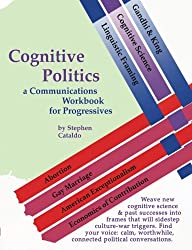A lot of my motivation for activism comes from stories of Nazi Germany.
Empathy — a desire to understand where they were coming from and what they were going through — and even a few small drops of compassion are normally given to actual-Nazis (not including the leaders). In a conversation with people who lost their grandparents or great-grandparents to the Holocaust, it is normal to say that Versailles and the desperation of the Great Depression were part of what led to Hitler's support and success. But this election, even among white middle-class people not particularly in Trump’s crosshairs, saying that global trade and the collapse of the manufacturing class has led to Trump's success is likely to be interrupted more quickly — we're angry, we say that Trump's support is racist and sexist and close the subject, faster than Jews talking about 1930's Nazi voters.
I'm not against anger in all cases, but I think it can mire us easily even when the other side perhaps deserves it. This is coming up for me during a discussion of Arlie Hochschild’s Strangers in Their Own Land. The online conversations get interrupted by so many calls to justify anger that we don't spend time developing the empathy that could help us win some new votes. We need to spend some time not talking about why it's fair that we get angry, spend some time exploring where and why our political opposition gets votes.
I think this is because the desire to make sure the Holocaust never happens again is larger than the desire to punish; I’m young enough that many decades had passed, maybe punishment was more on people’s minds in 1946. Part of my country is on a long descent from the Southern Strategy to Trump. We're still in the stage of grief where we don't really believe, so we keep repeating how upset we are instead of dealing with the grief and the next election. There are people who can be peeled away from this but not through raw anger. I don’t want to police anger or say it’s wrong, but especially for people like me who are more often than not on the privileged side of not being a target of Trump’s policies, anger is a luxury we should not pay for.
